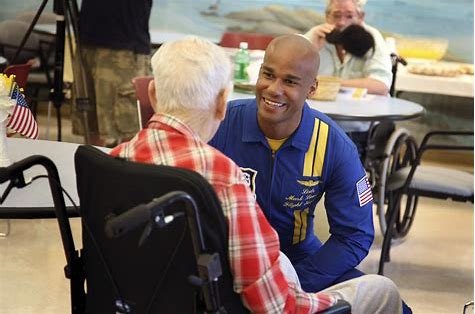
The client’s house (which could be an adult care home or a nursing home), an adult or long-term care home, or a skilled nursing facility is where home health care is administered. Medical aid, including skilled nursing, medical assistant, pharmacy technician, x-ray technician, pharmacy specialist, social work, home health care assistance, medical supplies, home health care aides, home health care attendants, home health care service aides, home health care service dogs, home health care patient education and advice, home health care patient support, home health care training and development, and home health care training and development are all examples of services that may be covered under this category. In addition, home health care nurse practitioners, licensed practical nurses, licensed vocational nurses, registered home health care counselors, and home health care managers may work in the field of home health care nursing. Home health care assistance, home health care aide training and development, home health care management, home health care aide therapy and rehabilitation, home health care management and consulting, home health care nursing, home health care nurse practitioners, and home health care nurse aides are some of the services that may not be covered.
Nurses who work in home health care have a unique opportunity to interact with patients and their families. They are usually involved in analyzing the client’s condition and can provide the appropriate medical care and professional recommendations based on the patient’s needs and circumstances. Some home health care nurses can diagnose a variety of medical issues that are related to the patient’s living situation. Others assist with therapy administration, while others manage and staff the home health care program.
The bulk of employees at home health care agencies interact directly with patients and their families. Many home health care nurses, on the other hand, are hired by a variety of home health care organizations and are responsible for both managing the agency’s daily operations as well as assisting patients and their families. Because these home health care nurses have typically worked in a nursing home setting, it is normal for them to require additional education and training beyond that of a conventional nurse.

For patients who require assistance, a variety of homebound treatments are provided. Medication, home health care aide training and development, and skilled nursing care are among the treatments available. Bathing, clothing, aiding with meal preparation, transporting to hospital or office facilities, getting physical therapy and medical treatments, as well as medical diagnoses and procedures are all covered by homebound services. It’s vital to remember that many activities require the support of home health care professionals. This helps to avoid further injury and treatment errors, which can be extremely harmful.
When people who are housebound start looking for a home health care agency, they will look into the criteria of the state in which they live. Each state has its own set of rules for homebound patients and the types of home health care support that must be provided. Homebound patients, for example, may require specialized training and may not be eligible for many of the services available in a regular nursing facility. As a result, before being considered for homebound care, a home health care organization may require an individual to meet certain criteria.
Nursing home care for the homebound is frequently offered by a number of different agencies. Long-term care retirement communities, assisted living communities, and nursing home facilities are the most common sources of home health care help. Adult day care, group activities, fitness and nutrition programs, social assistance, and spiritual support are just a few of the amenities offered by long-term care retirement communities. Many of these services are provided for free in exchange for the elderly citizen’s signature on a consent form.